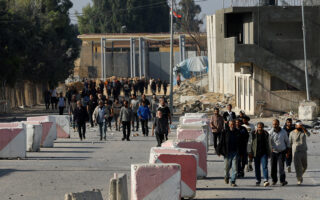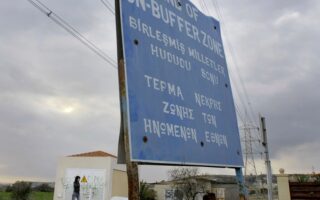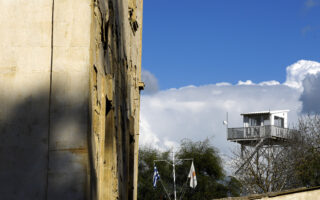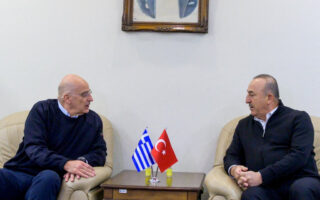Cyprus-Qatar: The opportunities of a multifaceted relationship
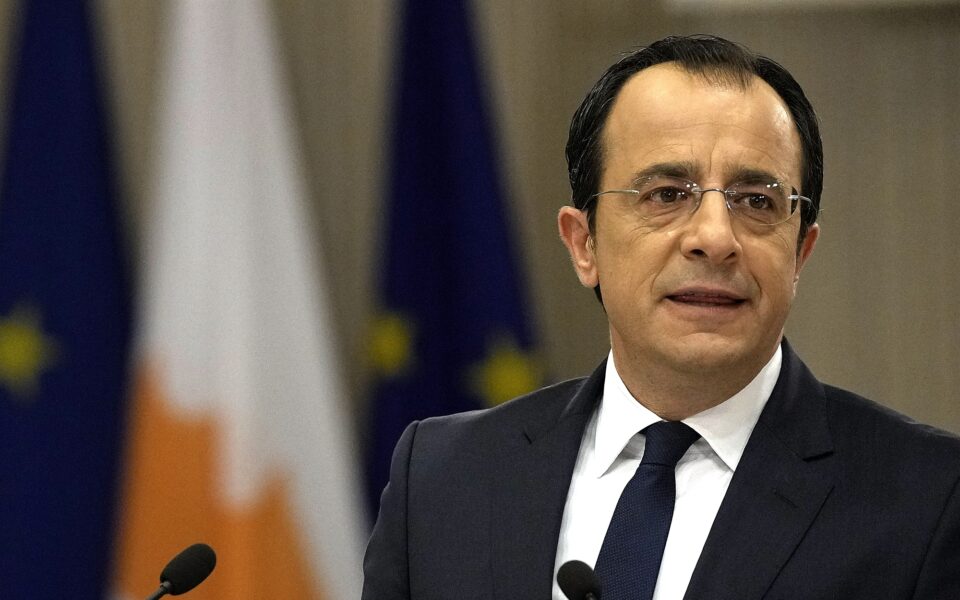
Qatar emerged as a key coordinator in the international effort to extend the Israel-Hamas ceasefire and release as many Israeli prisoners as possible, without ruling out a long-term ceasefire. Against this backdrop and on the occasion of the humanitarian aspect of the war in Gaza, Cyprus President Nikos Christodoulides visited Doha on the November 26-27 to promote the planned maritime corridor for the transfer of humanitarian aid to Palestinian civilians.
However, regardless of the developments in Gaza, Christodoulides’ visit to Qatar was aimed at deepening bilateral relations, which have seen interesting fluctuations in recent years, mainly due to the Doha-Ankara strategic partnership. In addition to the Qatari capital invested in the Turkish market – a development related to the well-known economic rivalry between Qatar and the United Arab Emirates – since October 2015, Turkey has maintained a military base in Qatar, which was then seen as a “return of Ottoman influence in its natural space.” The inauguration of the Turkish base in Qatar had coincided both with the diplomatic crisis Doha was facing with Saudi Arabia, Bahrain and the United Arab Emirates, and with the troubled Ankara-Riyadh relations. At the same time, Doha has not forgotten the image of Saudi troops when they advanced into neighboring Bahrain in March 2011, at the invitation of its monarch, to suppress the Arab Spring, and to this day considers it useful to have an additional (Muslim) shield of protection, in addition to the US troops permanently stationed in the Qatari peninsula.
Since then, the strategic cooperation between Turkey and Qatar seemed to extend to the Cyprus problem, when Ankara timidly started to promote the “two-state solution.” The revelation of the Cyprus Papers scandal by the Al Jazeera network in August 2020 was perceived in Nicosia as a Turkish-inspired attempt to expose the Greek-Cypriot political system as “unfit to honestly manage” a “united Cypriot future,” lending additional arguments to the revised Turkish argumentation for the Cyprus settlement. The Cypriot reaction proved to be ingenious, mobilizing the domestic judicial system with a self-critical mood. It then took advantage of the fact that both the Republic of Cyprus and Qatar perceive business development as a “diplomatic tool.”
The pivotal role that the Republic of Cyprus is seeking to play in the humanitarian crisis in Gaza is not just a ‘prestige’ issue. It is a statement of international legitimacy
With this reasoning, Al Jazeera’s revealing reports were interpreted by Cypriot diplomacy as an “indirect” request by the Qataris to expand their business presence in Cyprus. After all, the memories of the unfortunate Qatari attempt to invest in Greece during the crisis were still fresh, while Cyprus was being presented as an equally advantageous alternative. Thus, in December 2021, Qatar inaugurated its embassy in Nicosia, demonstrating in practice that it distances itself from Turkish dichotomous ambitions. On the other hand, it should not be considered a coincidence that exactly one month before the inauguration of the Qatari Embassy in Nicosia, the UAE announced $10 billion worth of investments in the Turkish market, at the moment when the Cyprus-Qatar chill was coming to an end. The Israel-Hamas war highlighted the humanitarian crisis in Gaza, activating Turkish Islamist reflexes. Cyprus, on the other hand, has absorbed the lessons learned in May 2010, when Ankara wanted to exploit the provision of humanitarian aid to Gaza with the Mavi Marmara flotilla, previously to be docked in the occupied port of Famagusta, in an attempt to internationally legitimize the Turkish-occupied part of Cyprus as a state, which is only recognized by Ankara. It is clear that the Cypriot sea corridor initiative is meant to prevent a possible repetition of similar Turkish actions – even in view of 2024, the year in which it is estimated that Ankara will intensify its efforts to legalize the so-called “Turkish Republic of Northern Cyprus (TRNC)” on the occasion of the 50th anniversary of the 1974 invasion. Under these circumstances, the pivotal role that the Republic of Cyprus is seeking to play in the humanitarian crisis in Gaza is not just a “prestige” issue. It is a statement of international legitimacy and confirmation of its uniqueness. And Qatar’s coordinating role in this war takes on particular significance for Cypriot aspirations.
Already from the third day of the war, Qatar and Israel are reportedly in agreement with the Cypriot initiative, as has been leaked to reliable Israeli media. But nothing is achieved without guarantees. Following Christodoulides’ visit to Doha, a delegation of Qatari investors to the island is imminent and Nicosia expects to see its efforts come to fruition.
Gabriel Haritos teaches history of Greek-Israeli-Cypriot political relations at Ben-Gurion University and Panteion University. He is a researcher at the Hellenic Foundation for European & Foreign Policy (ELIAMEP).

